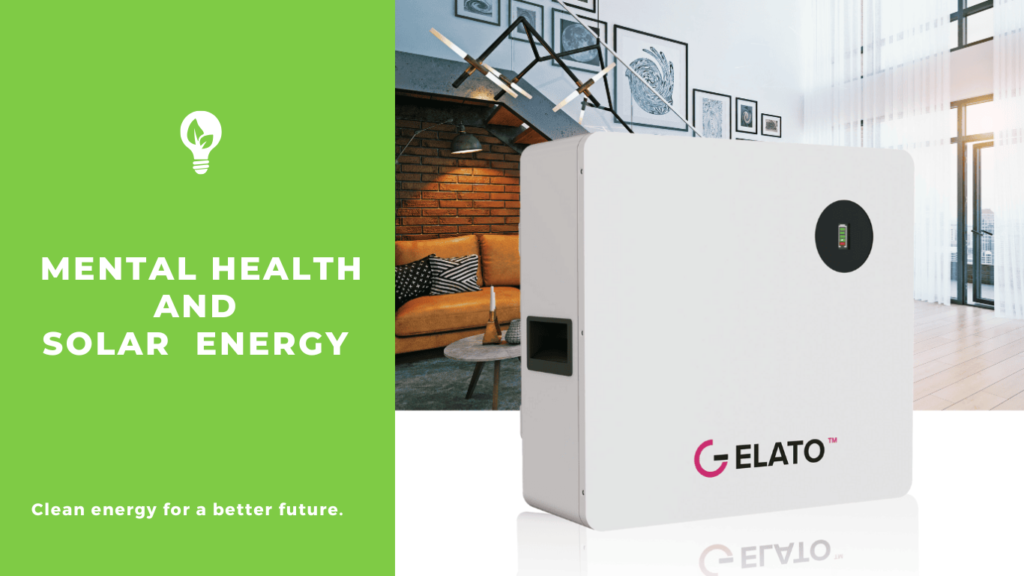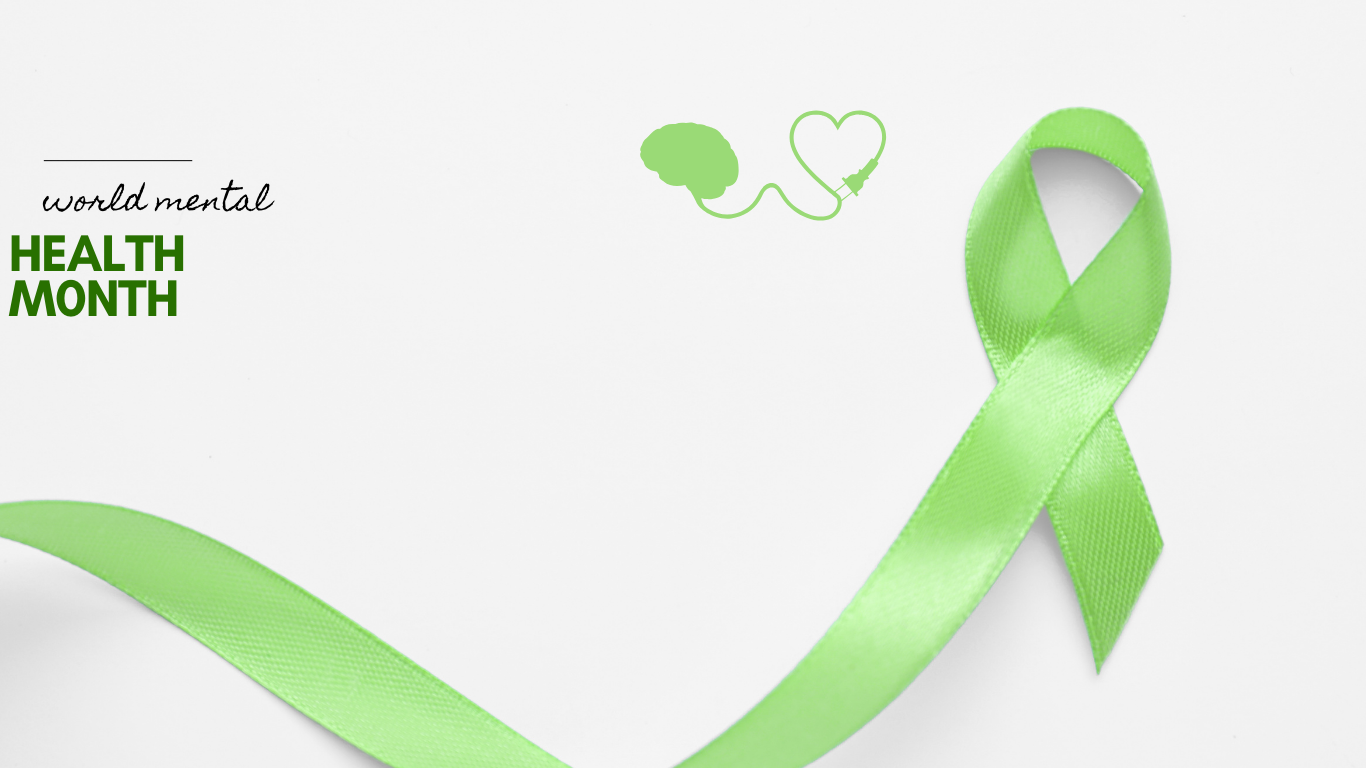Solar Energy and Mental Health

Mental Health Awareness Month in South Africa is observed annually in October. As a Solar City SA, we recognize the significance of mental well-being and its connection to renewable energy. Therefore, this blog aims to educate the public about mental health issues, reduce stigma around mental illness, and promote personal well-being.
Moreover, solar energy harnesses natural light, which is essential for our well-being. Furthermore, natural light exposure can essentially boost an individuals mood and energy, it also improves cognitive function, reduces stress and anxiety. According to research, it suggests that natural light exposure can alleviate symptoms of Seasonal Affective Disorder (SAD) and depression.
Benefits of Solar Energy for Mental Health
Additionally, Solar energy has numerous benefits for mental health in South Africa, including:
1. Reduced Anxiety: Solar energy provides control and security, reducing anxiety related to energy costs and power outages.
2. Improved Mood: Natural light exposure from solar energy alleviates symptoms of Seasonal Affective Disorder (SAD) and depression.
3. Enhanced Well-being: Solar energy promotes healthy living, reducing stress and anxiety.
4. Increased Energy Access: Solar energy addresses energy poverty, providing reliable energy access to rural and underserved communities.
5. Financial Relief: Solar energy reduces energy costs, alleviating financial stress and anxiety. Therefore, this decreases dependence on Eskom for electricity generation.
6. Environmental Benefits: Solar energy mitigates climate change, reducing environmental anxiety and promoting eco-friendly living.
7. Job Creation: Solar energy creates jobs in manufacturing, installation, and maintenance, promoting economic growth and stability.
8. Community Development: Solar energy enables community development, providing energy access for schools, hospitals, and community centers.
Unique mental health challenges:
Consequently, 1 in 4 South Africans experience depression or anxiety and 75% of mental health disorders remain untreated. It is proven that solar energy can reduce energy costs by up to 50%. Therefore, by addressing energy access and affordability, solar energy can contribute to improved mental well-being.
Resources for Mental Health Awareness Support in South Africa
1. South African Depression and Anxiety Group (SADAG) Helpline: 0800 20 50 26
2. Lifeline South Africa: 0861 322 322
3. Mental Health Africa: http://www.mentalhealthafrica.org.za/
Conclusion
In conclusion, at Solar City SA, we’re committed to shining light on mental health awareness in South Africa. By promoting renewable energy and sustainable living, we can create a healthier, happier nation.
Share your story or experiences with solar energy on social media using #MentalHealthAwarenessSA #SolarForMentalHealthSA and feel free to also leave a comment below to inspire others to choose switch to Solar Energy.
Thus, by working together, we can prioritize mental wellness and sustainable living in South Africa.



